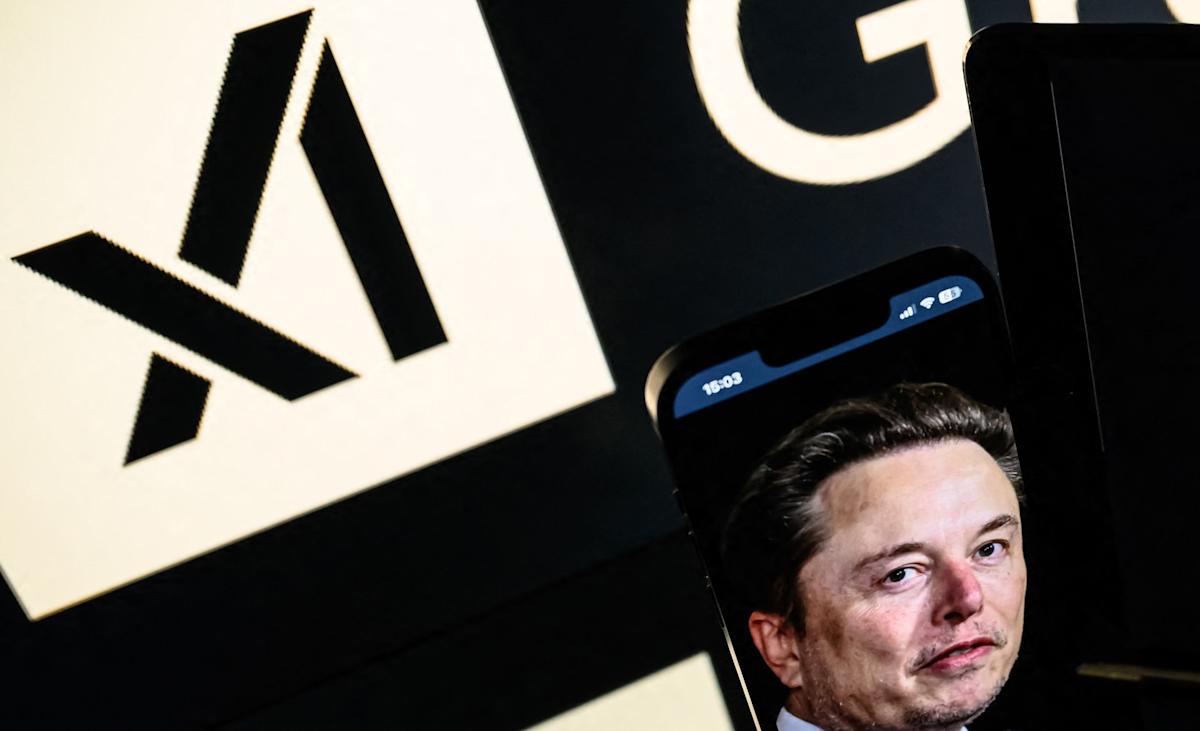Tech billionaire Elon Musk has once again turned heads, this time by announcing that his AI company, xAI, is working to develop a version of software-giant Microsoft run exclusively on artificial intelligence.
“Join @xAI and help build a purely AI software company called Macrohard,” Musk posted to his social network X. “It’s a tongue-in-cheek name, but the project is very real!”
While Musk has had a long history of trolling or making proclamations that have never come to fruition, there was some evidence that Macrohard was more than just an online joke.
The U.S. Patent and Trademark Office website showed that xAI filed a trademark request for “macrohard” on Aug. 1, 2025.
The application requested exclusive use of the Macrohard name in the arena of “downloadable computer programs and downloadable computer software.”
In his post, Musk explained why he believed an exclusively AI software company was a realistic possibility.
“In principle, given that software companies like Microsoft do not themselves manufacture any physical hardware, it should be possible to simulate them entirely with AI,” he wrote.
Were Macrohard to become its own company, completely AI-run or not, it would become just the latest in a long list of Musk-led ventures, including xAI, Tesla, The Boring Company, SpaceX, Neuralink, and X Corp, according to Business Insider.
Across his many ambitious projects, Musk increasingly has placed his focus on artificial intelligence and robotics.
Despite Tesla’s being the No. 1 maker of EVs in the United States, Musk famously has said that Tesla’s self-driving technology was “the difference between Tesla being worth a lot of money and being worth basically zero,” per The Washington Post.
Further, at a 2024 Tesla shareholder meeting, Musk boasted that he believed the company’s Optimus robot could one day lead the company to a $25 trillion market capitalization, CNBC reported at the time.
As CNBC pointed out, when Musk made these remarks, the market capitalization for the entire S&P 500 was $45.5 trillion.
Musk himself has admitted to being “pathologically optimistic,” per CNBC, about his own projects.
It’s difficult to assess the potential energy impact of using AI to create an entire software company and operating system to compete with Microsoft. It may require a lot of energy and cooling resources for data centers to accomplish, though as is always the case with AI, if an AI project can save significant human time that could include human resources such as commuting, food, and drink that could be applied toward enabling people to do other work, at some point the scale can tip — of course, as long as the ends justify the means with a functional product.
